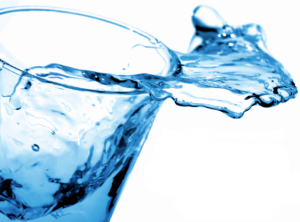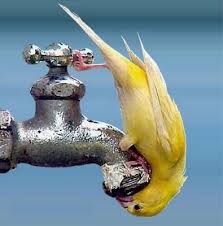 The weather puts me in mind of the summer of 2003, when 3,000 people died in a prolonged heat wave in Paris. The press said then that the real scandal was that families left grandparents home alone as they headed for the hills for their holidays, as they traditionally do. To be fair, many older people don’t like the disruption of going on holiday and prefer to stay in familiar surroundings — and how could anyone have foreseen that the temperature would soar to more than 40C and stay there for so long?
The weather puts me in mind of the summer of 2003, when 3,000 people died in a prolonged heat wave in Paris. The press said then that the real scandal was that families left grandparents home alone as they headed for the hills for their holidays, as they traditionally do. To be fair, many older people don’t like the disruption of going on holiday and prefer to stay in familiar surroundings — and how could anyone have foreseen that the temperature would soar to more than 40C and stay there for so long?
But the picture that emerged is of hundreds and hundreds of ‘home-alone’ old folk, with no-one checking to see how much fluid they were drinking.
The danger is that older people are more susceptible to dehydration: they sense thirst more slowly and less intensely than younger people do, so those who are otherwise well may not drink enough fluids. It’s important to make sure that they are drinking enough fluid. Even though your body is mainly made up of water, the amount in your body only has to decrease by a few per cent for dehydration to occur. 
Confusion, palpitations, and sluggishness are among the symptoms of dehydration. So, it’s good to check that your older folk are drinking enough water.
And don’t forget to check yourself, too.















